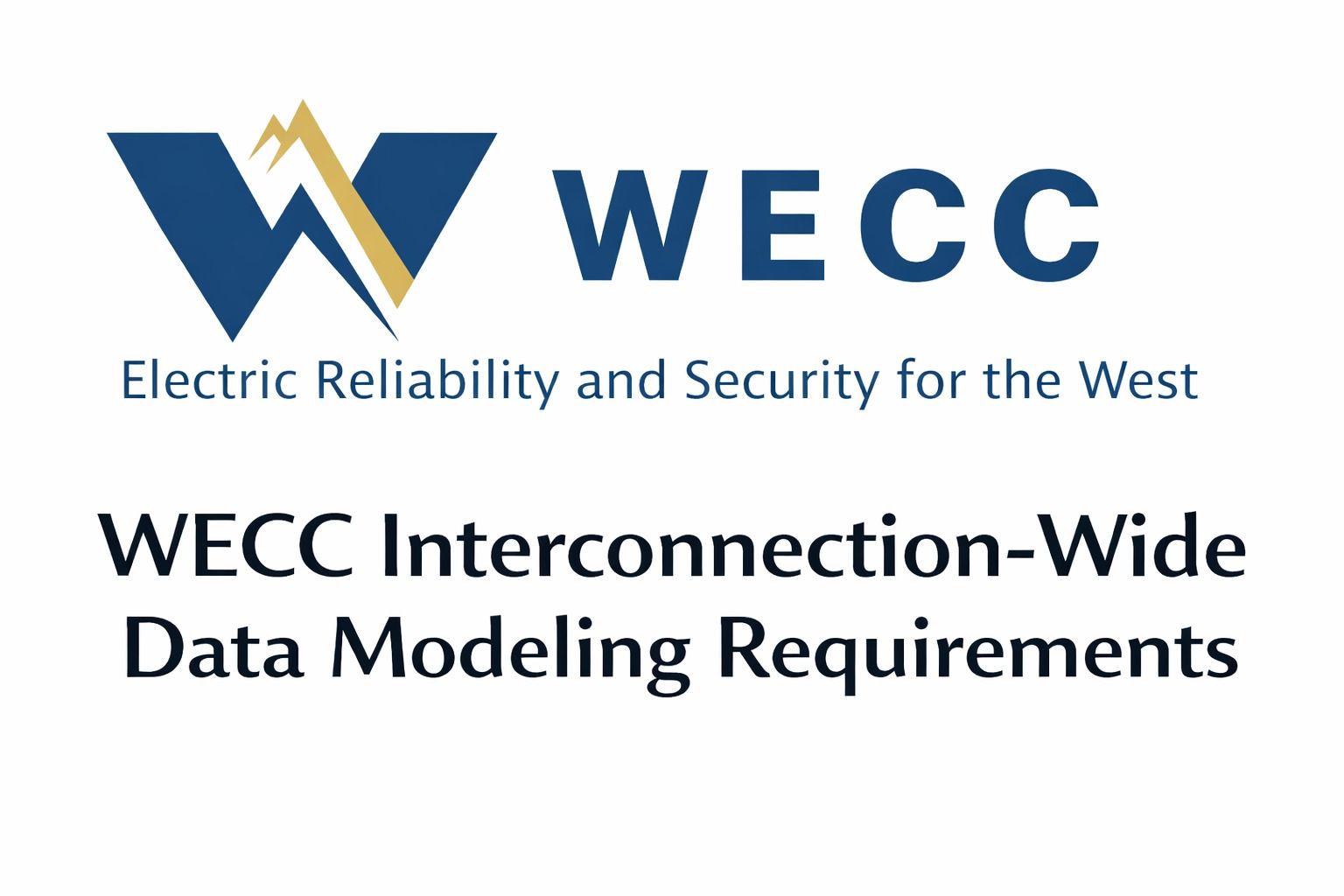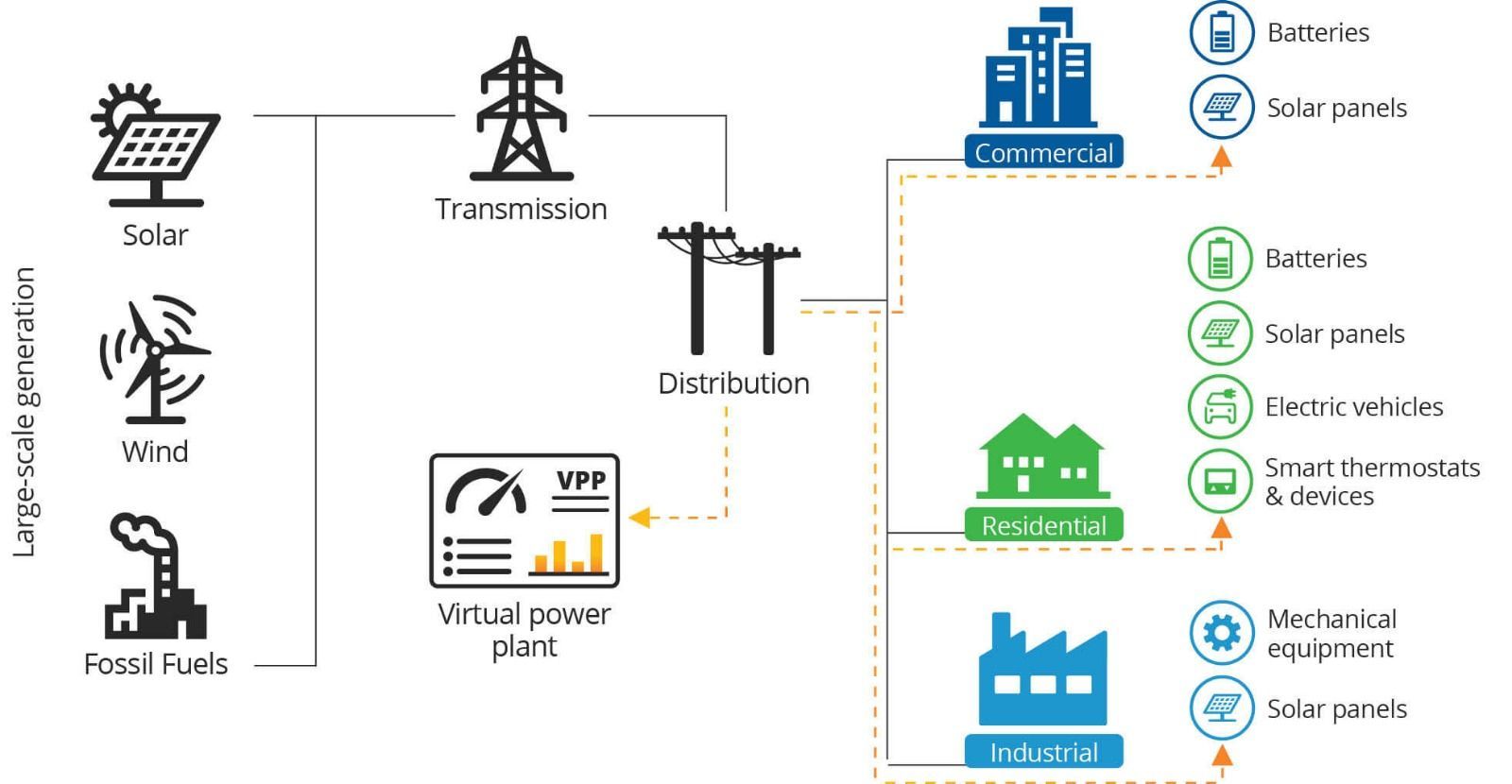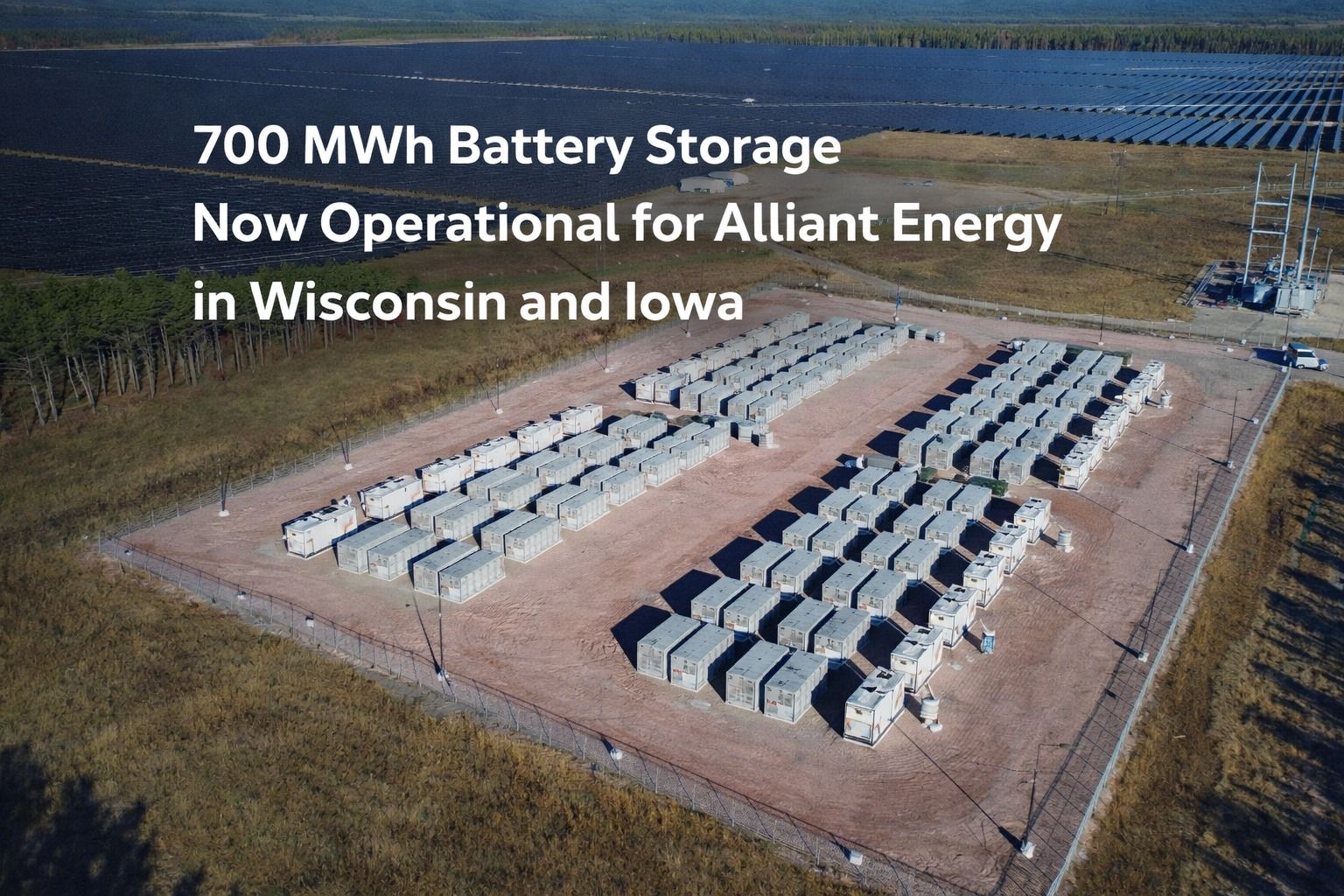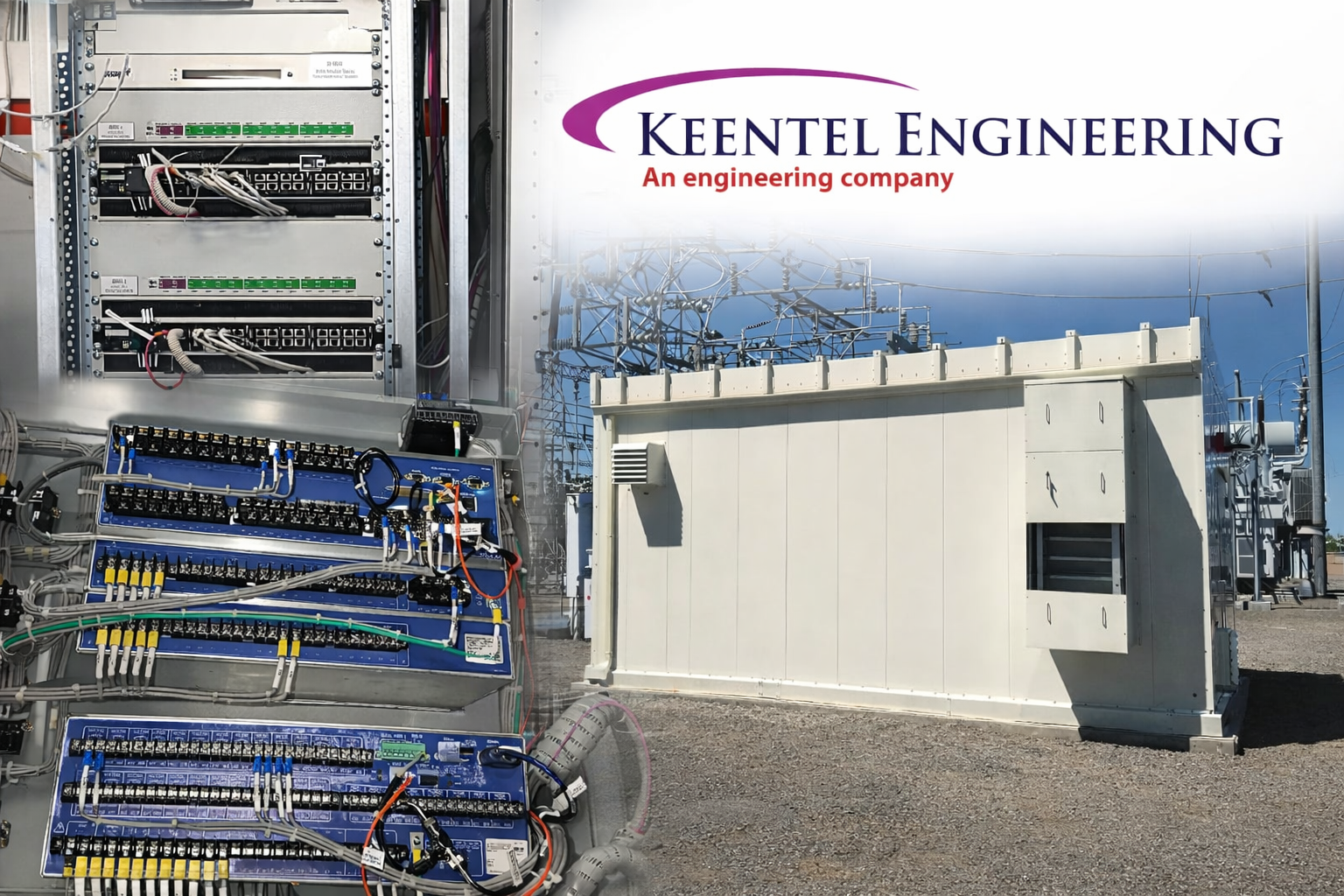A Coordinated Electric System Interconnection Review—the utility’s deep-dive on technical and cost impacts of your project.
Challenge: Frequent false tripping using conventional electromechanical relays
Solution: SEL-487E integration with multi-terminal differential protection and dynamic inrush restraint
Result: 90% reduction in false trips, saving over $250,000 in downtime
Why Is Power System Analysis Important for BESS Owners?
December 18, 2024|Blog
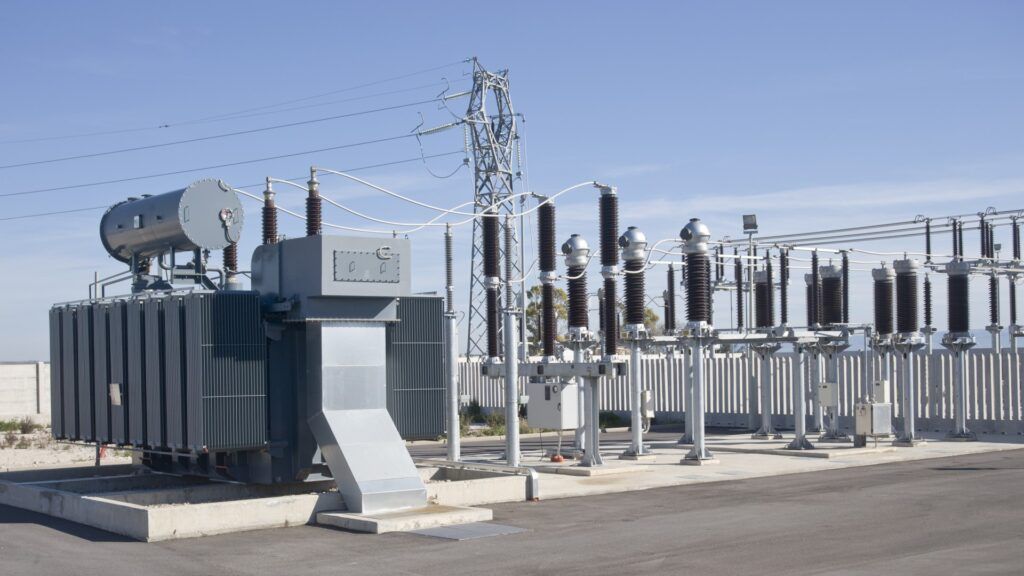
The rapid integration of Battery Energy Storage Systems (BESS) into modern electrical grids underscores the importance of robust planning, design, and operational frameworks. Electrical power system analysis plays a critical role in optimizing these systems, ensuring reliability, efficiency, and safety. For BESS owners, a comprehensive understanding of power system analysis can unlock significant value, enabling seamless integration and long-term performance in an increasingly complex energy landscape.
In this context, the importance of power system analysis becomes increasingly clear for storage owners navigating interconnection requirements, performance expectations, and long-term asset management. Power systems analysis provides the technical foundation needed to evaluate risk, validate design assumptions, and support informed operational decisions.
Understanding Electrical Power System Analysis
Electrical power system analysis encompasses the study and evaluation of electrical systems to predict their behavior under various operating conditions. For BESS, this involves analyzing components like batteries, inverters, and transformers and their interactions within the broader power grid. This analysis ensures that systems operate as intended, comply with regulatory standards, and adapt to evolving demands.
For BESS stakeholders asking what is power system analysis, it represents a combination of steady-state, dynamic, and protection-focused evaluations that collectively assess how energy storage assets behave within the electrical network under both normal and stressed conditions.
Key Benefits of Power System Analysis for BESS Owners
Enhanced System Reliability
Battery storage systems must reliably store and dispatch electricity, often during critical periods. Power system analysis evaluates potential system vulnerabilities, such as overloading or voltage instability, and ensures the grid’s operational reliability. This proactive approach helps prevent failures that could disrupt services or result in financial losses.
From an owner’s perspective, bess performance analysis links electrical modeling with operational outcomes such as availability, response time, and lifecycle efficiency. This analytical insight is a core component of effective BESS engineering, particularly for
utility-interconnected
and merchant storage projects.
Optimized Integration with the Grid
BESS often interacts with renewable energy sources, such as solar and wind, and the existing electrical grid. Power system analysis assesses these interactions, ensuring that the BESS integrates seamlessly and supports grid stability. Through detailed
load flow studies and transient stability analyses, operators can ensure that their systems meet dynamic grid requirements.
Regulatory Compliance
Organizations like the North American Electric Reliability Corporation (NERC) mandate strict operational and planning standards to safeguard grid reliability.In North America, many of these requirements align with reliability standards established by North American Electric Reliability Corporation, reinforcing the role of engineering analysis in maintaining bulk power system security.
Compliance with these standards is essential for BESS owners to avoid penalties and maintain operational integrity. Electrical power system analysis helps ensure adherence to these regulations, fostering a culture of accountability.
The Role of NERC Standards in BESS Operations
NERC’s Operation and Planning Standards provide a framework for managing the reliability and security of the bulk power system. These standards are divided into two categories:
- Operational Standards: Focus on real-time grid operations, ensuring utilities respond effectively to changing conditions and emergencies.
- Planning Standards: Offer guidance for long-term system planning, helping utilities assess future demand and resource adequacy.
For BESS owners, compliance with these standards is critical for smooth operations and integration into the North American grid.
Addressing Common Challenges in BESS Operations
Voltage Instability
Voltage fluctuations can significantly impact BESS performance and grid reliability. Power system analysis helps identify and mitigate voltage instability through corrective measures like capacitor placement and reactive power management.
Harmonic Distortions
BESS inverters can introduce harmonic distortions into the grid, affecting power quality. Harmonic analysis evaluates these distortions and recommends solutions such as filter installations to maintain compliance with power quality standards.
System Overloading
Excessive load during peak demand periods can strain BESS and associated components. Load flow analysis predicts these scenarios and aids in designing systems that withstand stress without compromising performance.
Supporting Renewable Energy Goals
As the energy sector pivots toward renewables, BESS owners play a pivotal role in ensuring grid reliability. Power system analysis supports this transition by:
· Enabling better forecasting of renewable energy production and storage requirements.
· Evaluating the impact of distributed energy resources on grid stability.
· Designing systems that accommodate the variability of renewable energy sources.
Preparing for the Future: The Evolution of Power System Analysis
The shift toward renewable energy, smart grids, and cybersecurity requires BESS owners to adopt advanced power system analysis tools. Emerging technologies like machine learning and artificial intelligence can enhance predictive capabilities, offering more accurate insights into system performance and potential risks.
Advanced power system analysis techniques now allow engineers to model inverter-dominated grids with greater fidelity. Modern power system analysis supports higher-resolution simulations, improved forecasting, and enhanced decision-making for complex BESS deployments.
Key Trends to Watch:
- Cybersecurity Integration: Protecting BESS from cyber threats through secure system designs.
- Advanced Modeling Techniques: Simulating complex scenarios with higher accuracy.
Distributed
Energy Resource Management: Managing the integration of multiple energy sources into the grid.
For larger projects, power system design analysis is often delivered as part of comprehensive power system analysis services. These services are especially critical for utility scale BESS engineering, where system impacts extend beyond the project boundary into the broader transmission and distribution network.
Empower Your BESS with Keentel Engineering
At Keentel Engineering, we specialize in electrical power system analysis to support Battery Energy Storage Systems and other critical power infrastructure. With over two decades of experience in power and utility system planning, design, and analysis, we deliver innovative solutions tailored to your needs.
Whether you’re navigating NERC compliance, optimizing system performance, or integrating renewable energy, our team is here to help. Trust Keentel Engineering to provide the expertise and support you need to take your BESS operations to greater heights.
Contact us today at Keentel Engineering, and let’s build a reliable, efficient, and future-ready power system together.

About the Author:
Sonny Patel P.E. EC
IEEE Senior Member
In 1995, Sandip (Sonny) R. Patel earned his Electrical Engineering degree from the University of Illinois, specializing in Electrical Engineering . But degrees don’t build legacies—action does. For three decades, he’s been shaping the future of engineering, not just as a licensed Professional Engineer across multiple states (Florida, California, New York, West Virginia, and Minnesota), but as a doer. A builder. A leader. Not just an engineer. A Licensed Electrical Contractor in Florida with an Unlimited EC license. Not just an executive. The founder and CEO of KEENTEL LLC—where expertise meets execution. Three decades. Multiple states. Endless impact.
Services

Let's Discuss Your Project
Let's book a call to discuss your electrical engineering project that we can help you with.

About the Author:
Sonny Patel P.E. EC
IEEE Senior Member
In 1995, Sandip (Sonny) R. Patel earned his Electrical Engineering degree from the University of Illinois, specializing in Electrical Engineering . But degrees don’t build legacies—action does. For three decades, he’s been shaping the future of engineering, not just as a licensed Professional Engineer across multiple states (Florida, California, New York, West Virginia, and Minnesota), but as a doer. A builder. A leader. Not just an engineer. A Licensed Electrical Contractor in Florida with an Unlimited EC license. Not just an executive. The founder and CEO of KEENTEL LLC—where expertise meets execution. Three decades. Multiple states. Endless impact.
Leave a Comment
We will get back to you as soon as possible.
Please try again later.

